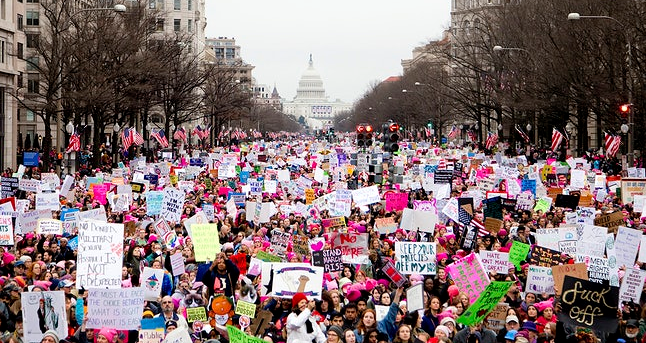Social justice activism is the practice of advocating for equality and fairness for all people, regardless of their race, gender, sexual orientation, religion, or socioeconomic status. This activism takes many forms, including protesting, lobbying, education, and community organizing. Social justice activists work to eliminate systemic injustices such as police brutality, institutional racism, and economic inequality. Social justice activism is crucial because it promotes a more just and equitable society for everyone.
One of the primary focuses of social justice activism is combating police brutality. Police brutality refers to the use of excessive force by police officers against civilians, often resulting in injury or death. Social justice activists work to combat police brutality by advocating for increased police accountability, stricter regulations on the use of force, and the use of body cameras to record police interactions with civilians.
Another focus of social justice activism is eliminating institutional racism. Institutional racism refers to the systemic discrimination against people of color in various institutions, including education, healthcare, and the criminal justice system. Social justice activists work to eliminate institutional racism by advocating for policies that promote equality and fairness, including affirmative action, diversity training, and criminal justice reform.
Finally, social justice activism also aims to reduce economic inequality. Economic inequality refers to the gap between the wealthiest individuals and the rest of society. Social justice activists work to reduce economic inequality by advocating for policies that promote wealth redistribution, including progressive taxation, universal basic income, and minimum wage increases.
In conclusion, social justice activism is a critical aspect of advocacy and plays a vital role in promoting equality and fairness for all people. Social justice activism empowers citizens to take action and advocate for change in various institutions, promoting a more just and equitable society. Without social justice activism, systemic injustices such as police brutality, institutional racism, and economic inequality would continue to perpetuate and harm marginalized communities.
